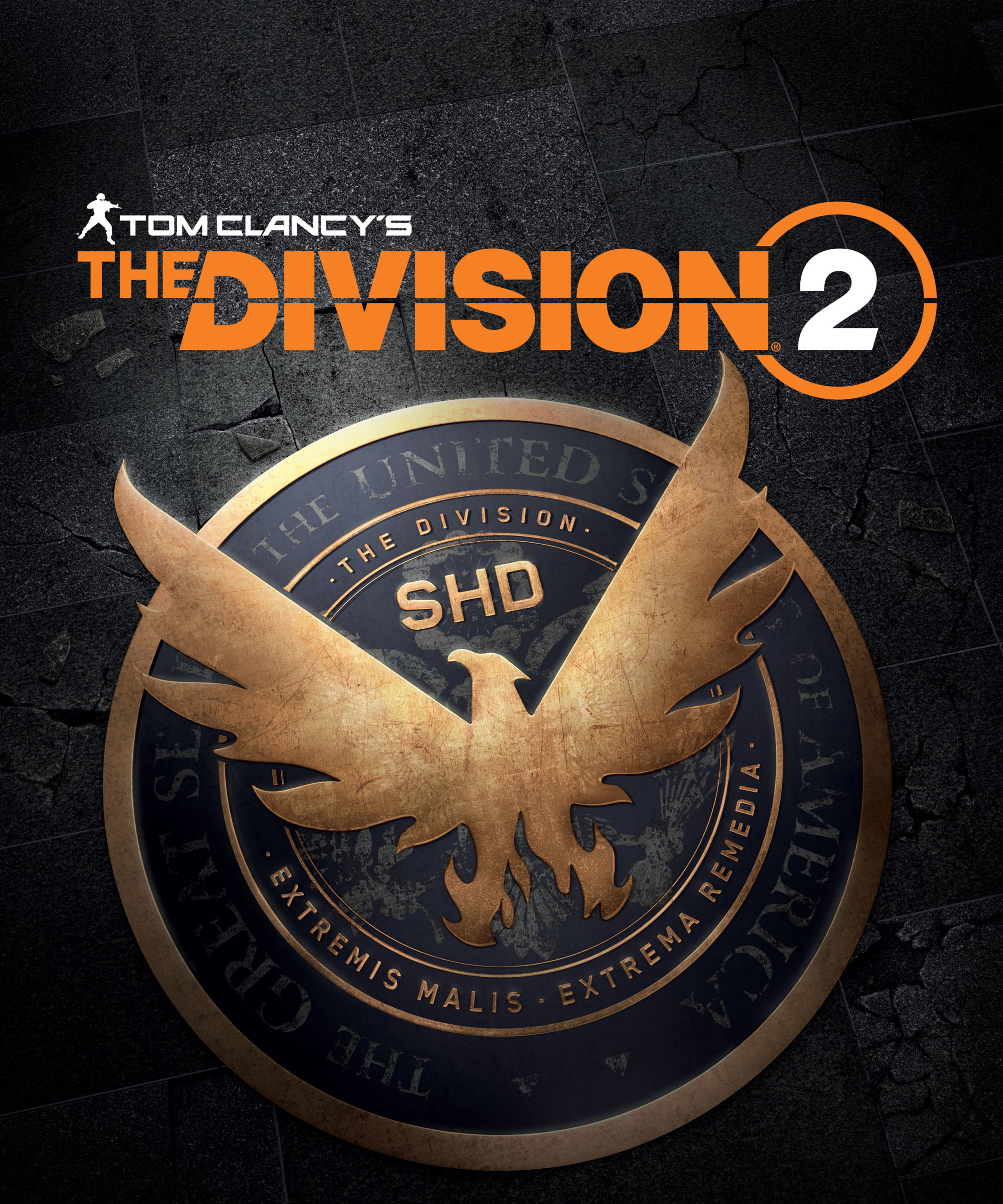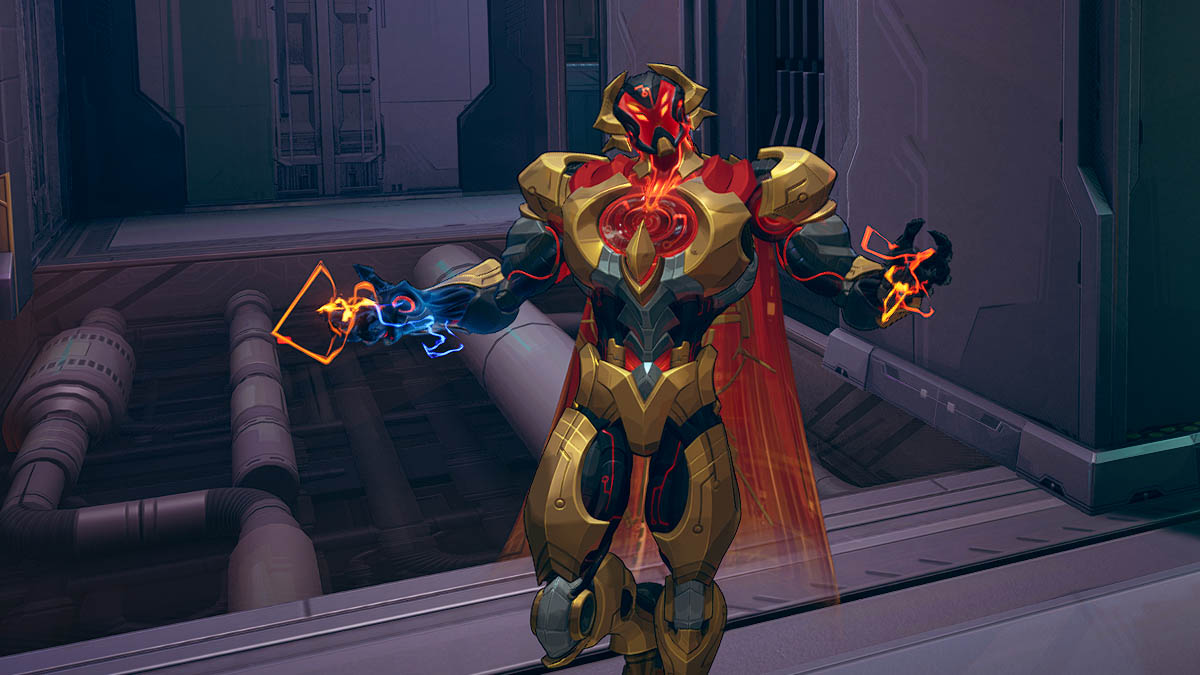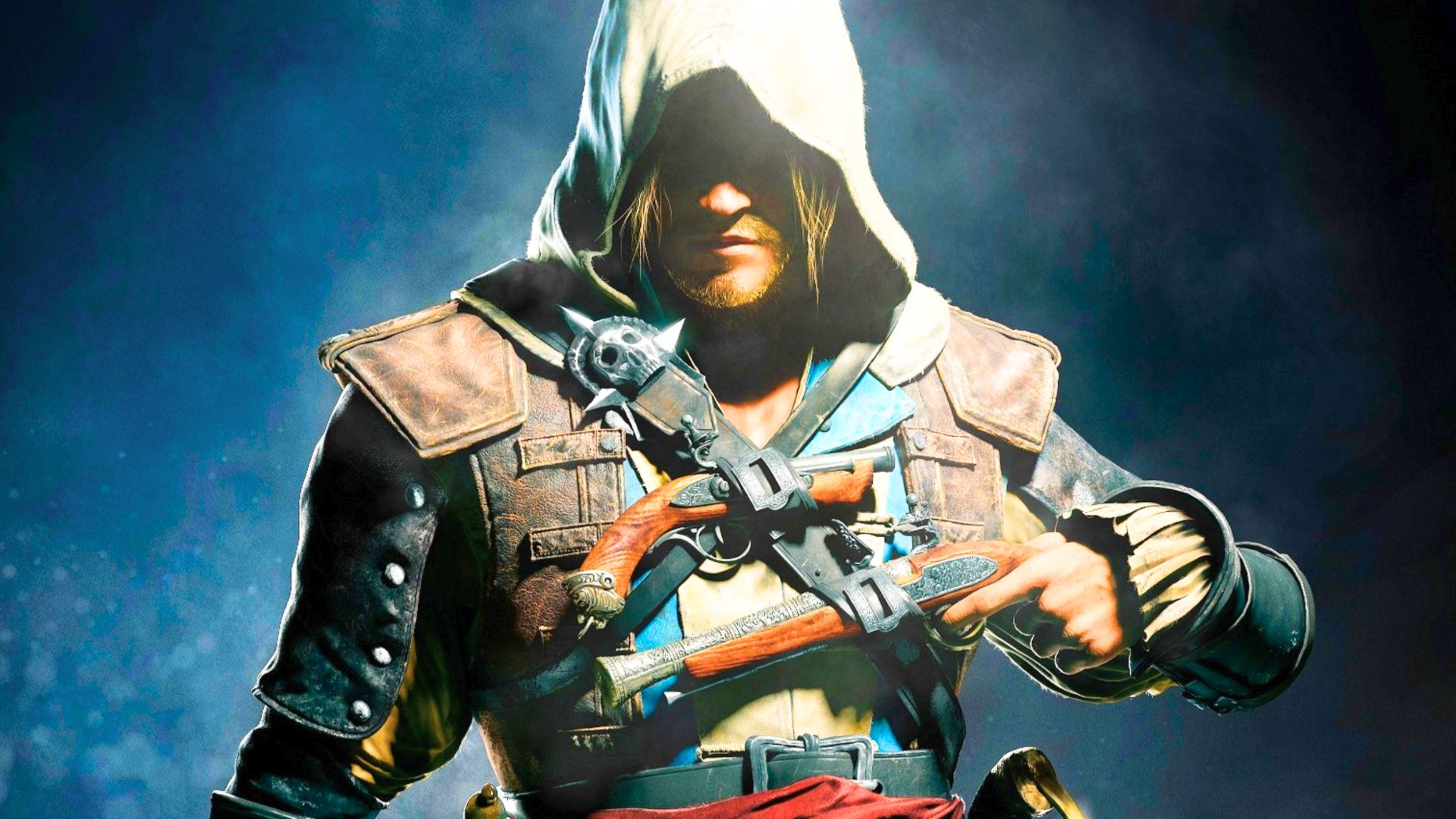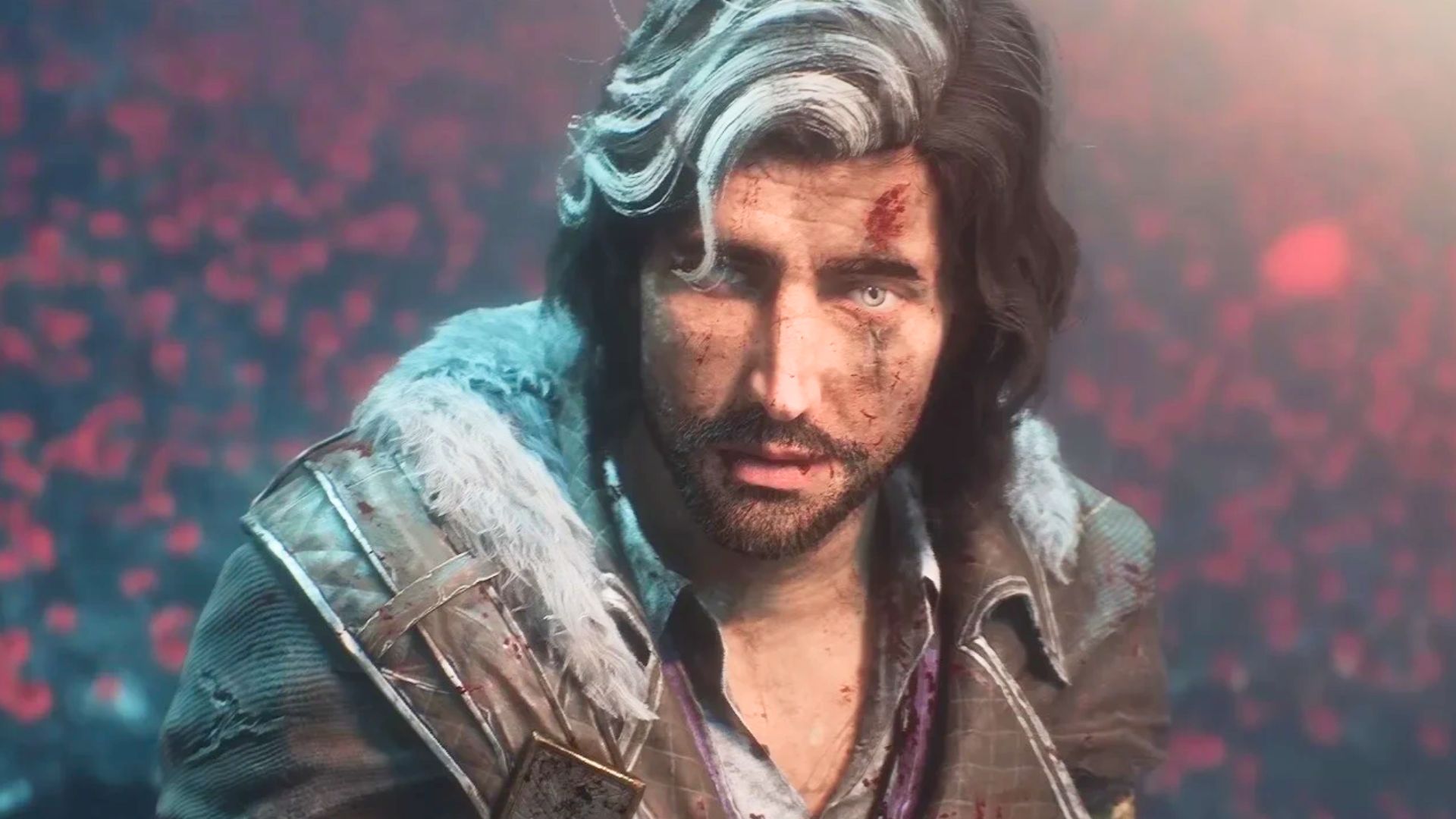You can trust VideoGamer. Our team of gaming experts spend hours testing and reviewing the latest games, to ensure you're reading the most comprehensive guide possible. Rest assured, all imagery and advice is unique and original. Check out how we test and review games here
In an interview with the New York Times, Ubisoft vice president for partnerships and revenue Chris Early stated that Steam’s business model is outmoded and impractical for the industry.
Ubisoft released Tom Clancy's The Division 2 on the Epic Games store and its own distribution platform Uplay. Of course, Ubisoft receives 100 per cent of the profits from selling its own game on Uplay, but the Epic Games store offers developers an 88 per cent cut of the game’s revenue. On the other hand, Steam adheres to a 70 per cent share, which is based on the movie distribution industry of VHS tapes. So, it’s a stickler for tradition, but Ubisoft is forward thinking.
‘It’s unrealistic, the current business model that they have,’ Early said, ‘It doesn’t reflect where the world is today in terms of game distribution.’ The Epic Games store was initially populated with indie titles, but has since snagged some big names, such as Borderlands 3, The Outer Worlds, and Metro Exodus.
Epic Games CEO Tim Sweeney also spoke to the New York Times about the distribution platform rivalries. ‘Stores extract an enormous portion of game industry profits and are ripe for disruption,’ he said, iterating the company’s ambition to create a more flexible and more constructive multi-store market. Supergiant Games creative director Greg Kasavin agreed, and added in his interview, ‘What’s a Sony without a Microsoft and a Nintendo? The console cycles were always best when the rivalry is heated.’
However, not all have been swayed by the Epic Games model. Bandai Namco recently stated that it has no plans to release current or future games onto the platform, and the developer of Darq rejected an Epic Games exclusivity deal before monetary terms were even mentioned. Both cited the restricted commitment to just one storefront would limit their games’ audience and upset fans, and given the reaction to the Ooblets’ Epic exclusivity announcement, they aren’t wrong. It is hoped that in the future, the concept of choice extends to developers as well as consumers, without backlash or uncertainty.
Tom Clancy’s The Division 2
- Platform(s): PC, PlayStation 4, Xbox One
- Genre(s): Shooter, Third Person







